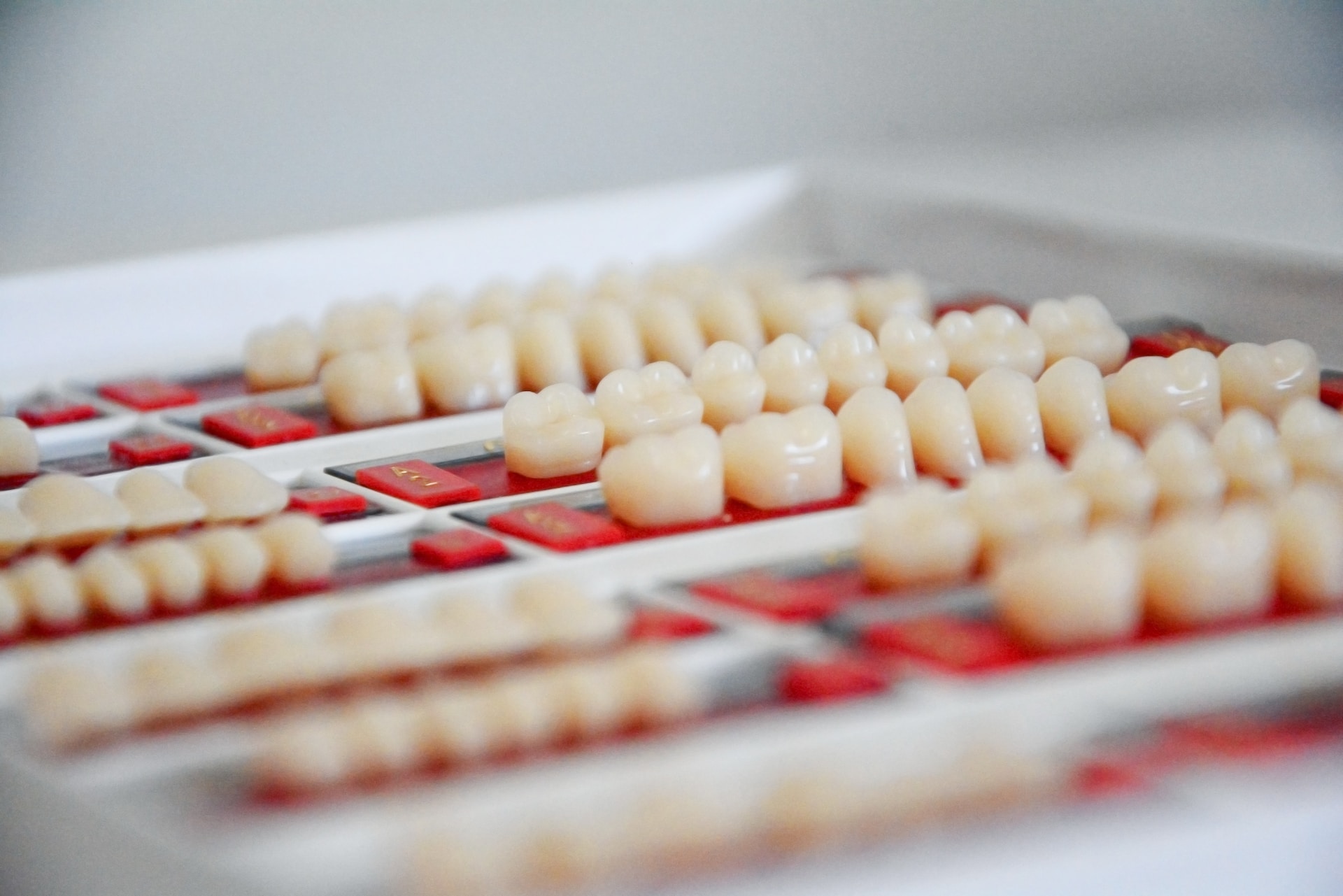Apr
19

A dental abscess is a painful and potentially serious condition that can affect anyone, regardless of age or oral health. Knowing how to avoid complications begins with understanding the symptoms of a dental abscess, and knowing what you need to do if you develop one. In this article, we’re going to explore the causes and symptoms of dental abscesses, discuss what to do if you suspect you have one, and outline the various treatment options available. Let’s take a look.
What is a dental abscess?
A dental abscess is a pocket of pus that forms in the tissues surrounding a tooth, usually as a result of a bacterial infection. There are two main types of dental abscesses: periapical and periodontal. A periapical abscess occurs at the tip of the tooth’s root, often due to tooth decay or a cracked tooth. A periodontal abscess, on the other hand, forms in the gums near a tooth or in the space between the tooth and the gum, typically resulting from gum disease or a foreign body (like food debris) getting trapped in the gum pocket.
Symptoms of dental Abscess
The symptoms of a dental abscess can vary depending on its location and severity. Some common signs and symptoms include:
- Severe, throbbing pain in the affected tooth or gum area, which may radiate to the ear, jaw, or neck.
- Swelling and redness in the face, particularly around the affected area.
- Sensitivity to hot, cold, or sweet foods and beverages.
- A bad taste in the mouth or bad breath.
- Difficulty chewing, swallowing, or opening the mouth.
- Fever, chills, or generally feeling unwell.
- Swollen lymph nodes in the neck.
Also Read: Can Toothache Cause Headaches?
What to do if you have a dental abscess
If you suspect you have a dental abscess, it’s crucial to seek prompt dental care: an abscess won’t go away on its own, and can drastically worsen if left untreated. As a dental abscess is considered a dental emergency, you should be able to make an appointment with a dentist in London on the same day you experience symptoms.
In the meantime, you can take several steps to manage pain and prevent the infection from spreading:
When it comes to managing pain, you should avoid consuming hot and cold food, as well as sweet foods and beverages, as these can exacerbate ongoing discomfort. If the pain is impacting your day-to-day activities, you can take over-the-counter pain relievers, such as ibuprofen, to alleviate pain and reduce inflammation.
You should also rinse your mouth with a warm saltwater solution to help soothe irritation and remove any debris that may be contributing to the infection.
Note: while a dental abscess is a dental concern, it can become a life-threatening emergency if left untreated, and you can head to your local A&E if you experience symptoms of a dental abscess accompanied with a high fever, dizziness, or if you begin to feel progressively more unwell.
Learn More: What is oral thrush and how is it treated?
How are dental abscesses treated?
Your chosen treatment for a dental abscess will usually depend on the cause, location, and severity of the infection. Generally, the primary goal of treatment is going to be to eliminate the infection, preserve the affected tooth, and prevent complications. Some common treatment options include:
Antibiotics
In some cases, your dentist may prescribe antibiotics to help fight the infection. However, antibiotics alone are not enough to treat the abscess; they must be combined with other treatments to address the root cause.
Draining the abscess
Your dentist may drain the pus from the abscess by making a small incision in the gum or by performing a root canal procedure, which involves removing the infected pulp from the tooth and sealing it with a filling or crown.
Extraction
In severe cases where the tooth cannot be saved, your dentist may recommend extracting the affected tooth to prevent the infection from spreading to surrounding tissues.
Treating the underlying cause
If gum disease or tooth decay is the cause of the abscess, your dentist will recommend appropriate treatments, such as scaling and root planing or fillings.
Preventing a dental abscess primarily involves maintaining good oral hygiene and making regular visits to your dentist. By following these recommendations, you can significantly reduce your risk of developing an abscess and enjoy optimal oral health.
Also Read: What to do in Case of Dental Injury or Trauma?
Brush your teeth twice a day
Use a soft-bristled toothbrush and fluoride toothpaste to brush your teeth for at least two minutes, twice a day. Pay special attention to hard-to-reach areas, such as the back molars and the gumline.
Floss daily
Flossing helps remove plaque and food particles from between your teeth and under your gum line where your toothbrush can’t reach. Be sure to floss at least once a day, using a gentle, back-and-forth motion to clean between your teeth.
Eat a balanced diet
Limit your consumption of sugary and acidic foods and beverages, as these can contribute to tooth decay and gum disease. Instead, focus on a well-balanced diet that includes plenty of fruits, vegetables, whole grains, lean proteins, and low-fat dairy products.
Drink plenty of water
Staying hydrated helps promote saliva production, which is essential for neutralising acids and washing away food particles that can lead to dental abscesses.
Visit your dentist regularly
Schedule regular dental check-ups and cleanings at least twice a year. Your dentist can identify and treat potential issues, such as tooth decay or gum disease, before they develop into more serious problems like dental abscesses. You also shouldn’t hesitate to book extra dental appointments where necessary: if you notice any signs of tooth decay, gum disease, or other dental issues, seek professional advice as soon as possible. Timely intervention can help prevent the development of dental abscesses and other complications.










